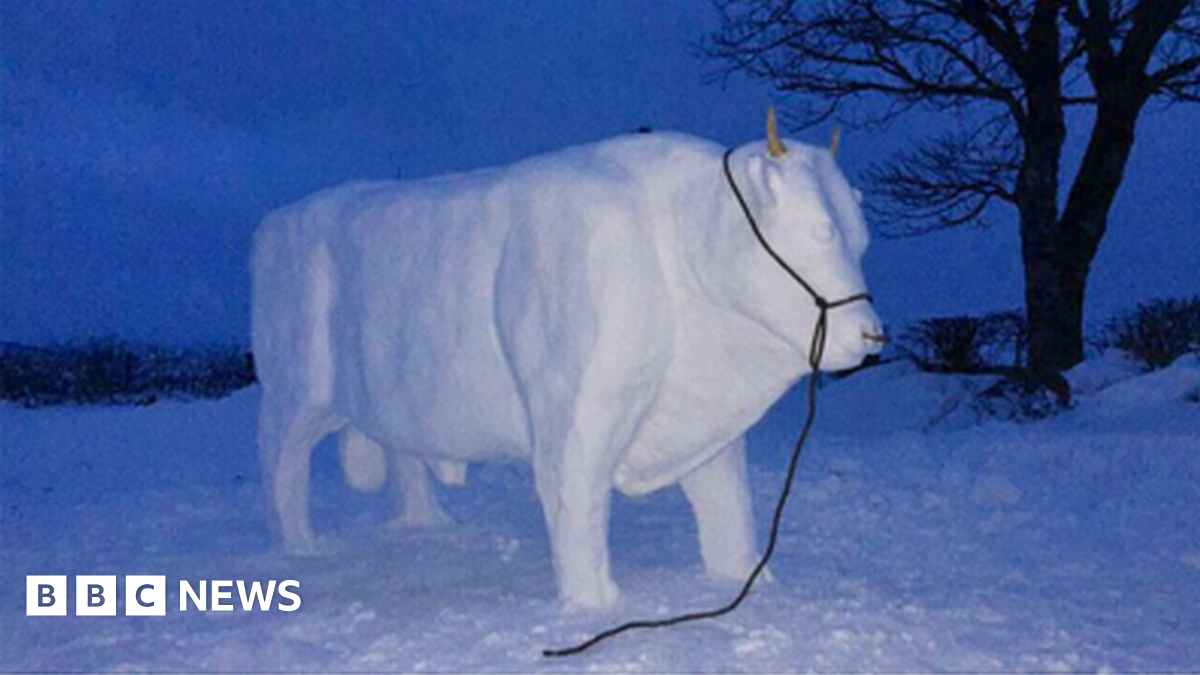Originally posted by doversoul1
View Post
Canada is possibly the country most affected by "ice storms", due to the enormous temperature differentiations commonly occurring to each side of frontal systems as they slide north up the eastern side of the country, contrasting near-summer surface temperatures borne on southerly winds of subtropical origin to the eastern seaboard, and arctic temperatures on northerly winds to the west. Most rain at our (and their) latitude starts out as snow or hail and melts on the way down to become rain - not the other way around! - but where freezing rain occurs, what starts as snow passes through an elevated zone above freezing point - the so-called "boundary zone" that demarcates the air flows on each side of the frontal surface, often coming from opposite directions - melts, falls through the freezing air below as "supercooled" water drops (if the air is not cold enough to freeze the drops into ice pellets, "soft hail"), which then freeze the instant they hit the surface, be that vehicles, soil, vegetation or power lines. If you search you'll find impressive pics from Canada and the States of bent over conifer trees encased in ice, and telegraph poles at angles with the cables in between bowed under the weight of accumulated ice, and often snapped. Normally the freezing rain zone along the front is quite narrow, and usually close to where the front meets the surface: the amount of accumulated freezing reflecting the length of time that particular portion of the frontal system is taking to pass. Here in this country we are usually lucky not to experience such frontal hold-ups since battles between airstreams usually resolve more quickly than over there, and the temperature differences between the competing air masses here are less pronounced, as a consequence of the moderating influence of the Atlantic. The Americans don't get that benefit because, like here, most of their weather systems come in from the west, containing nothing but continental air, regardless of surface wind directions. I hope that explains things clearly!


Comment